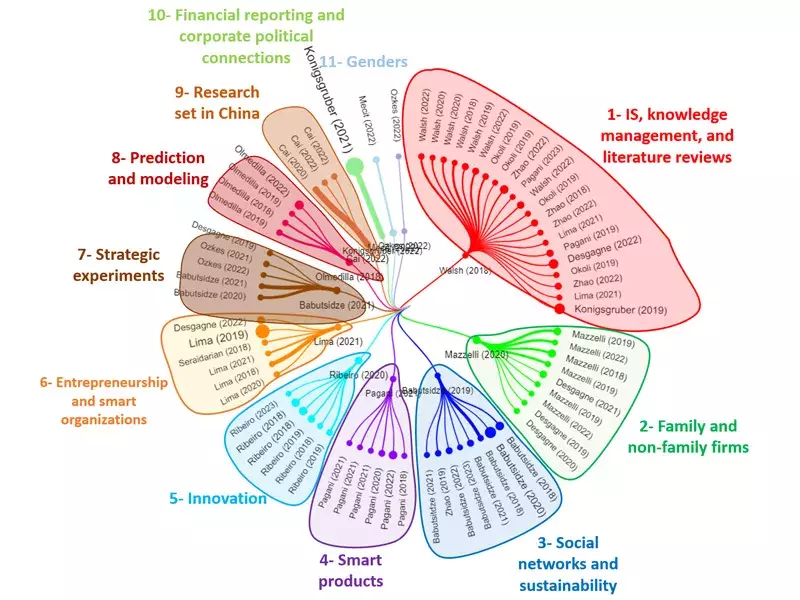SKEMA Centre for Artificial Intelligence
The mission of the SKEMA Centre for Artificial Intelligence is to investigate and guide the economic, societal, and ethical value generated by human-centric AI systems for business


At SKEMA Center for Artificial Intelligence we believe in the transformative power of human-centric AI. Our mission is to explore how AI can drive business innovation, economic growth, and societal progress, creating a future where technology serves humanity in meaningful ways.
The SKEMA Centre for Artificial Intelligence aims to:
- Investigate and guide the economic, societal, and ethical value generated by Human Centric AI systems for business.
- Develop and improve AI techniques and algorithms with a view to solving specific business problems, but with wide-ranging applicability.
The research centre adopts a interdisciplinary perspective based on the collaboration between social scientists, AI researchers, and engineers to develop the know-how to explore business opportunities driven by AI.
SKEMA Centre for Artificial Intelligence has signed a partnership agreement with the Berkeley APEC Study Centre (BASC) at the University of California Berkeley to explore the impact of AI on business, society and regulations.

Research Themes
We explore how AI Systems interact and collaborate with people to enhance human abilities and empower both individual and society creating sustainable value at four different levels:
ALGORITHMIC VALUE
ALGORITHMIC VALUE
Developing artificiaI intelligence techniques and algorithms with increasingly superior performance.
AI FOR BUSINESS VALUE
AI FOR BUSINESS VALUE
How AI becomes part of the products themselves, influences human-computer interactions, and improves business performance.
AI FOR SOCIETAL VALUE
AI FOR SOCIETAL VALUE
How AI contributes to environmental sustainability and encourages a new social contract based on accountability.
AI FOR ETHICAL VALUE
AI FOR ETHICAL VALUE
How to foster explicability and responsible AI to guarantee social fairness in respect of human freedoms and dignity.
Contact us
Our team is at your disposal for any further information you may require.
Faculty and Research Team
direction.faculte@skema.edu
Copied





















